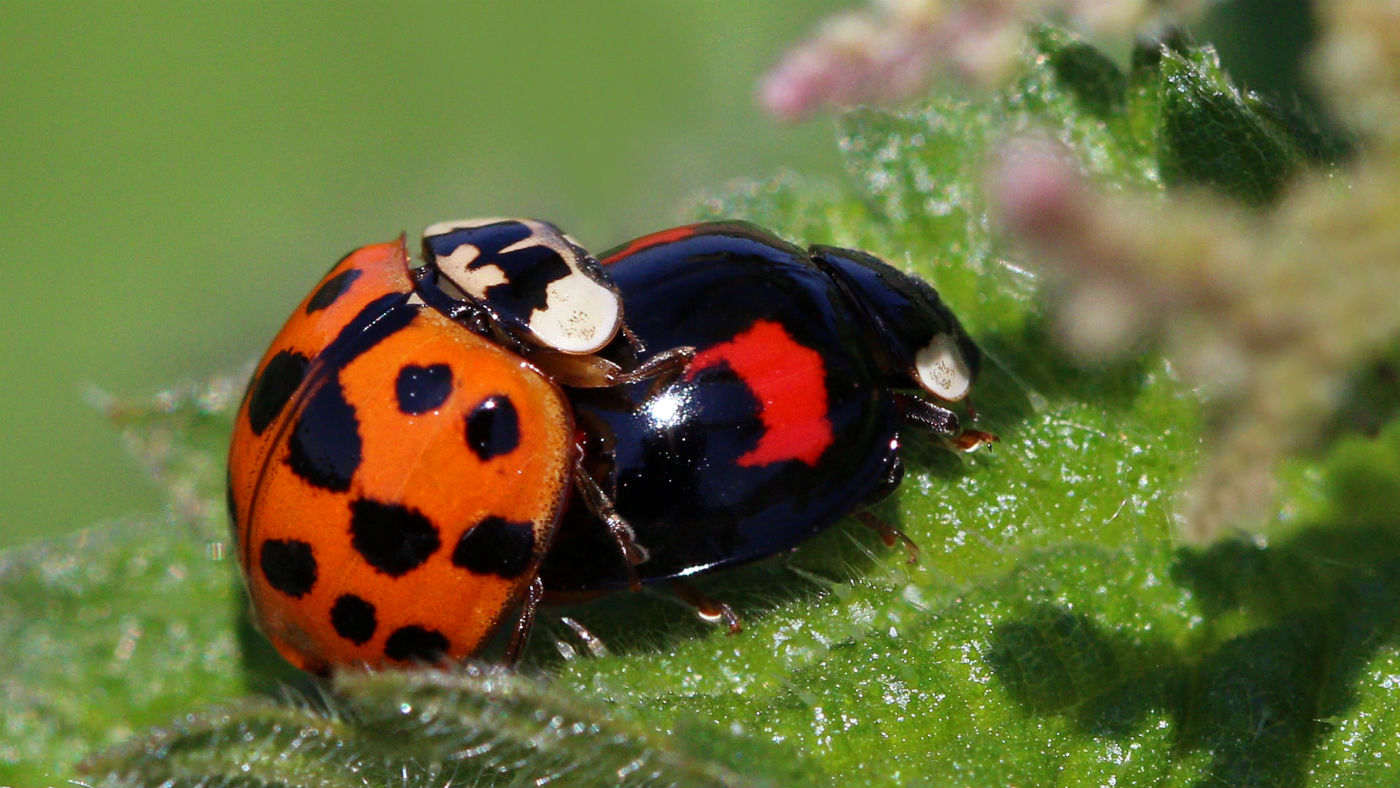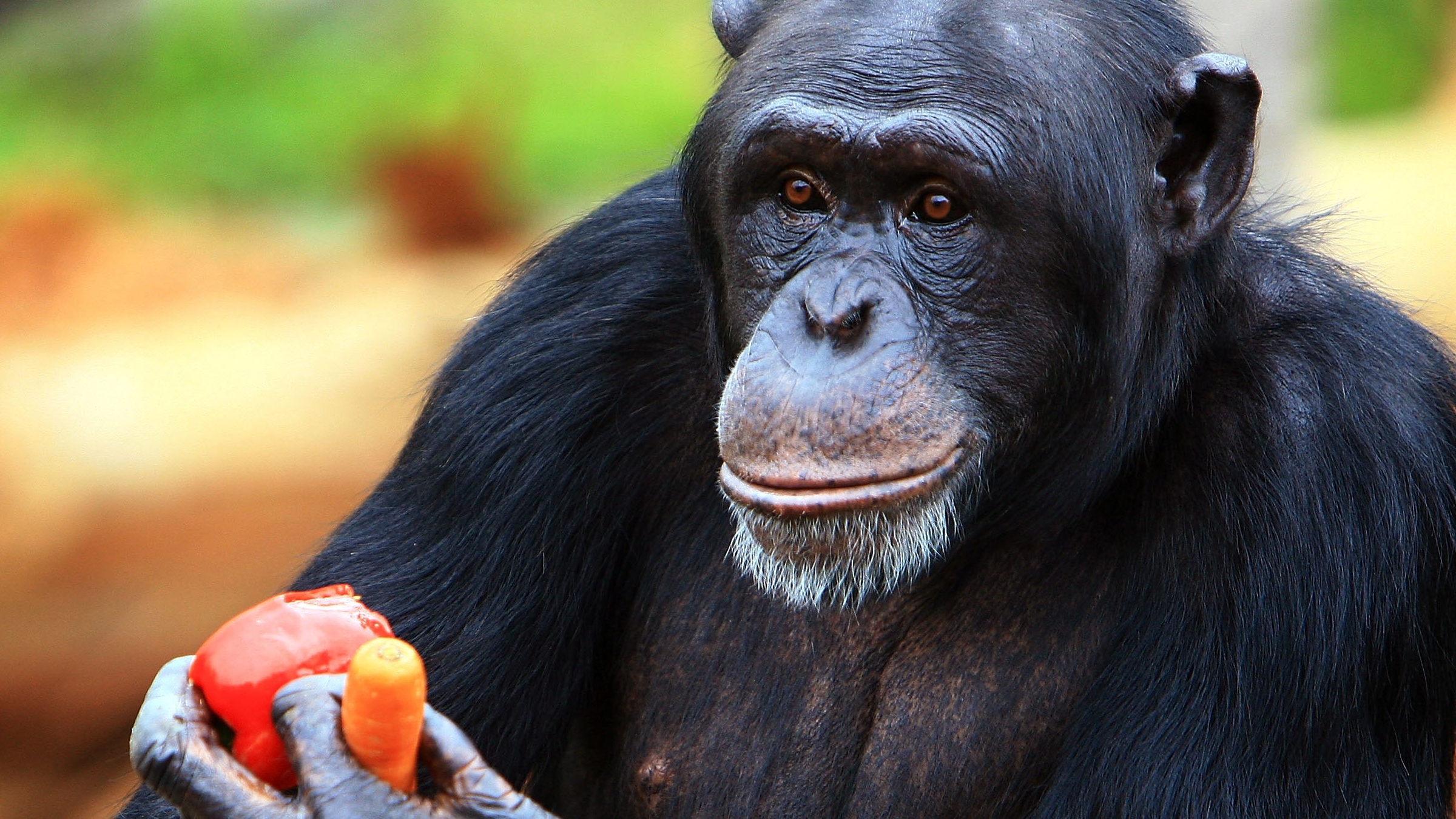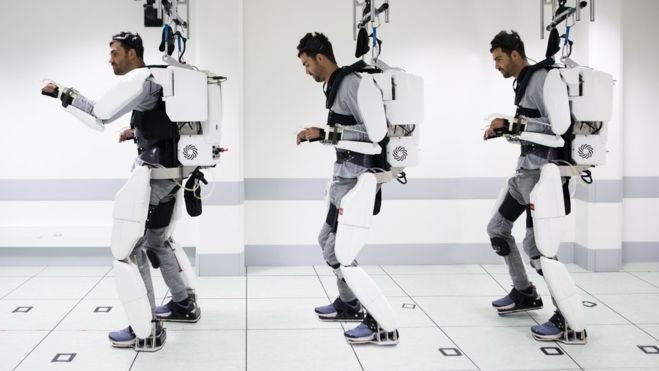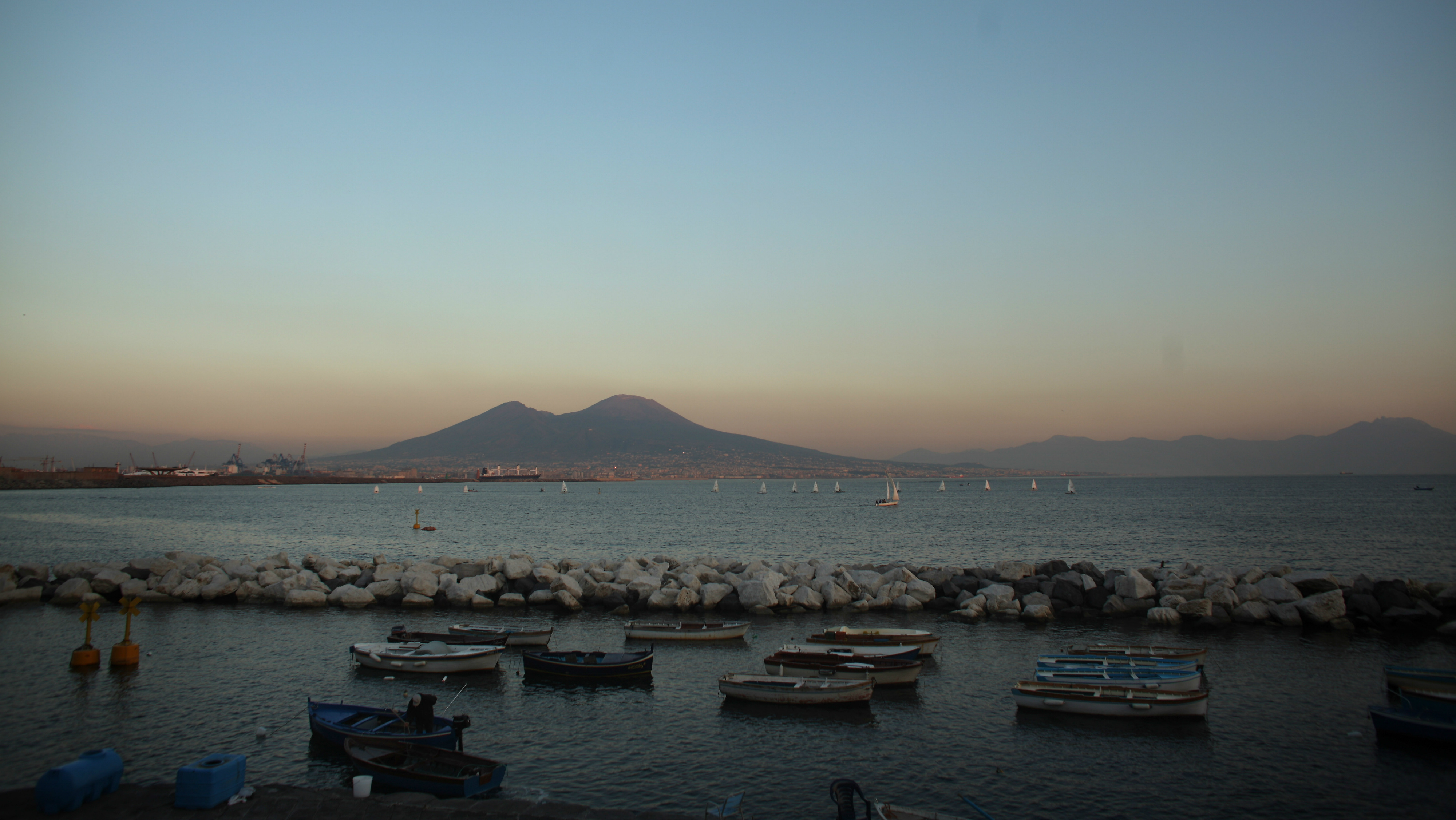'STD-ridden' ladybirds heading for UK
Harlequin bugs from Asia and North America threaten to overwhelm British population

A free daily email with the biggest news stories of the day – and the best features from TheWeek.com
You are now subscribed
Your newsletter sign-up was successful
Millions of ladybirds from Asia and North America are set to descend on the UK this winter carrying a fungal infection which could decimate the native population.
The bugs are being spotted in growing numbers across the UK, aided by a mild autumn.
"Dozens have photographed the creepy-crawlies in their homes, with Merseyside and Manchester thought to be especially affected," the Daily Mail reports.
The Week
Escape your echo chamber. Get the facts behind the news, plus analysis from multiple perspectives.

Sign up for The Week's Free Newsletters
From our morning news briefing to a weekly Good News Newsletter, get the best of The Week delivered directly to your inbox.
From our morning news briefing to a weekly Good News Newsletter, get the best of The Week delivered directly to your inbox.
The Harlequin ladybird was first recorded in the UK in 2004, according to Professor Helen Roy, one of the scientists behind the Harlequin Survey. It can be recognised by its distinctive orange or black wings and is usually larger than its British counterparts.
However, the bugs carry Laboulbeniales, a fungal disease passed on through mating. The infection has only been recorded in a handful of native ladybirds until now and researchers suspect it could have an impact on "the lifespan or the number of eggs a female can produce over her lifespan".
Data recorded over the last decade indicates "seven out of eight native species of ladybird were declining and this was strongly linked to the arrival of the harlequin ladybird", says the survey.
The insects "are very effective aphid predators" and unusually resistant to parasites, it adds, meaning they "easily out-compete" native species.
A free daily email with the biggest news stories of the day – and the best features from TheWeek.com
Although the Harlequin poses no threat to humans besides a small bite, they can emit an unpleasant smell and leave stains on furniture if they get into houses.
-
 6 exquisite homes with vast acreage
6 exquisite homes with vast acreageFeature Featuring an off-the-grid contemporary home in New Mexico and lakefront farmhouse in Massachusetts
-
 Film reviews: ‘Wuthering Heights,’ ‘Good Luck, Have Fun, Don’t Die,’ and ‘Sirat’
Film reviews: ‘Wuthering Heights,’ ‘Good Luck, Have Fun, Don’t Die,’ and ‘Sirat’Feature An inconvenient love torments a would-be couple, a gonzo time traveler seeks to save humanity from AI, and a father’s desperate search goes deeply sideways
-
 Political cartoons for February 16
Political cartoons for February 16Cartoons Monday’s political cartoons include President's Day, a valentine from the Epstein files, and more
-
 Richard Branson’s Virgin Galactic and Jeff Bezos’s Blue Origin: the new space race?
Richard Branson’s Virgin Galactic and Jeff Bezos’s Blue Origin: the new space race?Speed Read Branson has declared space open for business. Is that still a pie in the sky?
-
 Russia and China joining forces to build first Moon base
Russia and China joining forces to build first Moon baseSpeed Read Lunar pact represents ‘all kinds of security threats’ to UK and US, expert warns
-
 Mystery of where Stonehenge stones came from finally solved
Mystery of where Stonehenge stones came from finally solvedSpeed Read But how the builders moved the huge stone megaliths to the Salisbury site remains a mystery
-
 How chimpanzee ‘lip smacking’ can unlock mystery behind human speech
How chimpanzee ‘lip smacking’ can unlock mystery behind human speechSpeed Read New study reveals rhythm of great apes’ communications is identical to spoken language
-
 Scientists discover new variety of black hole
Scientists discover new variety of black holeSpeed Read Astronomers had previously missed entire class of dead star
-
 Trio win Nobel physics prize for work to understand cosmos
Trio win Nobel physics prize for work to understand cosmosSpeed Read The scientists were hailed for ‘ground-breaking’ discoveries
-
 Quadriplegic man walks using mind-reading robotic exoskeleton
Quadriplegic man walks using mind-reading robotic exoskeletonSpeed Read Robo-suit hailed as huge step forward for paralysed patients
-
 Will ancient scrolls damaged by Vesuvius be read again?
Will ancient scrolls damaged by Vesuvius be read again?Speed Read Scientists believe they have developed technology to see what is on the famous scrolls